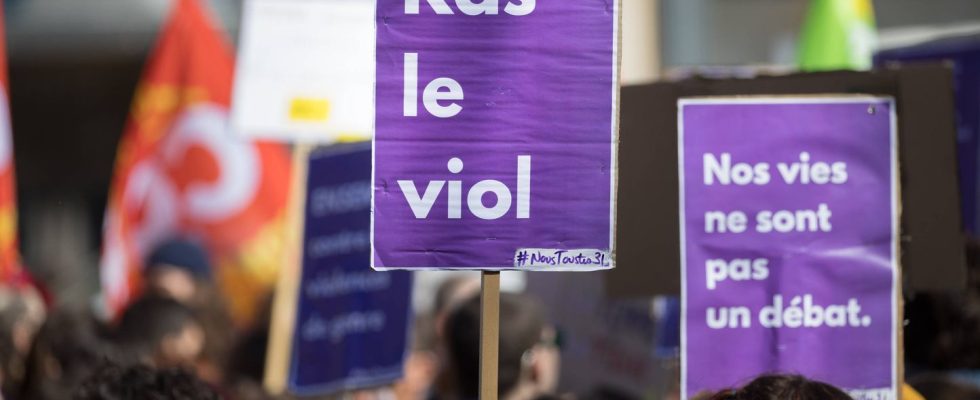Fallen on Thursday, the decision of the New York Court of Appeal to overturn the conviction, in 2020, for rape of Harvey Weinstein, aroused the anger not only of the victims, but also of many women whose speech had been released thanks to the #MeToo movement. Certainly the former star producer of American cinema remains in prison, certainly he will be tried again for these facts, but with the risk however that he will be acquitted this time. Can this argument of an unfair trial accepted by the New York Court of Appeal be transposed into French law with the consequences that this could have?
Why did Weinstein have his sentence overturned?
“The testimonies accepted at first instance from women who were not plaintiffs in the case gave a prejudicial image of Harvey Weinstein to the jurors,” explains Maître Sophie Cilpa, lawyer at the Paris bar, specialist in American law at Action Avocado. “The court of appeal therefore considered that he had not been able to benefit from a fair trial, which is a constitutional right in the United States,” she continues.
Are such arguments admissible under French law?
“Often, in trials in France, we have people from outside the case testify, in particular to try to understand the personality of a defendant, to understand his background,” recognizes the lawyer, specifying that this can also be the case in the USA.
On the other hand, according to her, it is also the role of lawyers to “find procedural nullities that go in the direction of their clients”. Prejudicial testimony or a particular social context, for example, can lead to trials deemed unfair. “We must not forget that justice judges facts and not behavior. Benefiting from a fair trial is a fundamental right,” insists Master Cilpa.
What are the consequences of overturning a conviction?
In the wake of its decision to overturn Harvey Weinstein’s conviction, the New York Court of Appeal clarified that he would be tried again for the same facts. According to our specialist in American law, this new trial should not be held for a year, or even a year and a half.
This is a possibility that also exists in French law. “Despite many differences, the American and French judicial systems guarantee the rights of defendants in the same way,” assures Maître Cilpa. Thus, “in France, a decision by the Assize Court of Appeal can either confirm the first instance conviction or overturn it,” she continues. In the latter case, the Assize Court responsible for ruling on appeal will retry the defendant. The difference with the United States is that if the appeal is initiated by the accused, he cannot be sentenced on appeal to a heavier sentence than at first instance.

